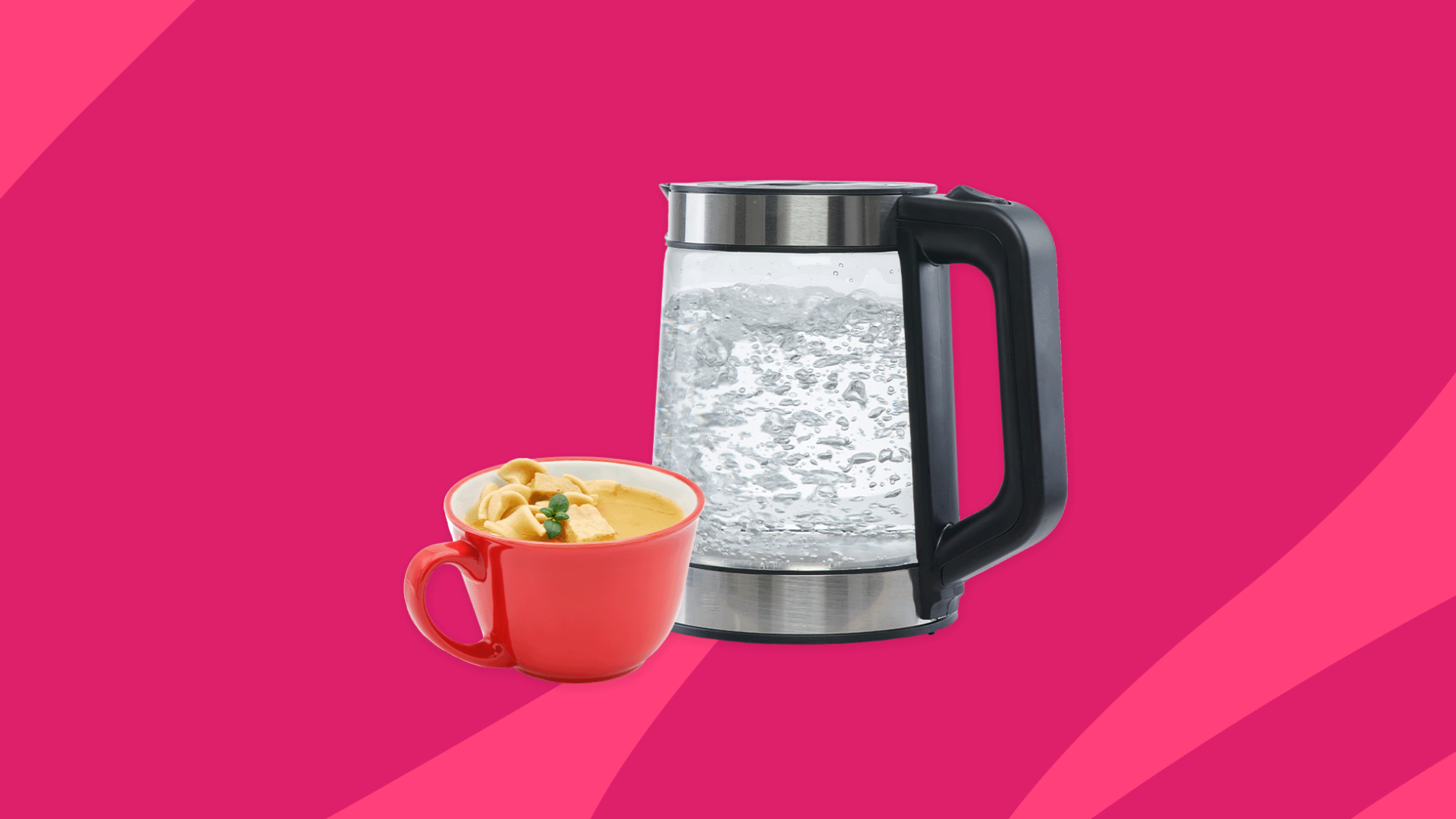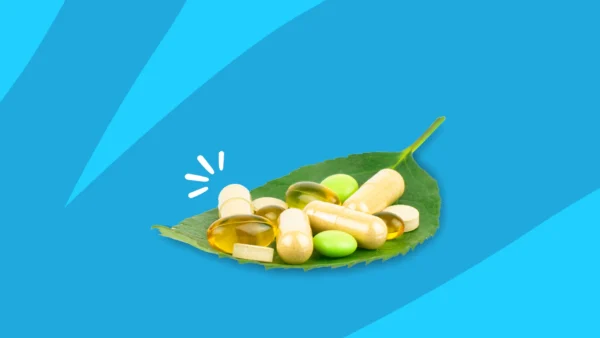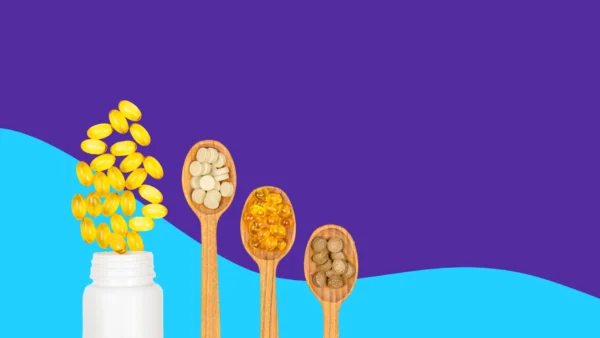Whether it’s allergies, the common cold, the flu, or COVID, there are a number of reasons why you might be running to the tissue box more often than usual to handle congestion and pesky mucus (otherwise known as phlegm). If you find yourself with a stuffy nose or a phlegmy cough, there are a number of foods, at-home remedies, and over-the-counter medications that can provide some much-needed relief.
What causes increased mucus?
Mucus is a naturally occurring gelatinous substance produced by the mucus membranes. It lines your mouth, nose, sinuses, throat, lungs, and gastrointestinal tract. Its function is to trap things like dirt, dust particles, bacteria, and viruses in order to keep them from traveling further into your body and causing harm.
“It’s a really important part of what’s called the ‘innate immune system,’ which is our first line of defense,” says Ankit Kansal, MD, an adult and pediatric ear, nose and throat specialist at ENT and Allergy Associates in New York.
An increase in mucus means your body is trying to expel what doesn’t belong, and there are a number of causes for this reaction. Allergies are a common one—more than 50 million people in the U.S. experience some kind of an allergy each year, according to the Asthma and Allergy Foundation of America. When your body comes into contact with an allergen (such as pollen), cells release histamine to try to get rid of the irritant, and that process also increases mucus production and build-up. Excessive mucus from allergies tends to stay clear, according to Dr. Kansal.
On the other hand, when you come down with a flu or cold, you might see your snot turning a yellow or even green shade. “Those colors mean there are more white blood cells in your body rushing to fight the infection,” Dr. Kansal says. “And when those white blood cells die and get flushed out, whatever debris they’ve accumulated will start to change color.”
How can you tell the difference between a flu and a cold? Flu symptoms usually last one to two weeks and include fever or chills, cough, sore throat, body/muscle aches, runny nose, and fatigue. Cold symptoms usually last for a shorter period of time (seven to 10 days) and include runny/stuffy nose, sore throat, sneezing, watery eyes, cough, low-grade fever, and mild fatigue.
There are also a number of chronic conditions in which increased mucus is a symptom, including asthma, bronchiectasis, chronic obstructive pulmonary disease (COPD), and cystic fibrosis. Environmental conditions, such as pollution and smog, are also mucus culprits.
5 mucus-killing foods
If you are dealing with unwanted or excess phlegm, there are a handful of mucus-reducing foods and drinks you should consider adding to your grocery list to improve your health and wellness.
1. Chicken soup
As a child, your parents or grandparents likely fed you hot soup when you were sick, and that instinct isn’t wrong, Dr. Kansal says. “Broth-based soups, with the warmth of the water and little bit of healthier oils, help break down and loosen up phlegm and excessive mucus, making it easier for your body to then cough up,” Dr. Kansal says. “They also have a lot of nutrients.” One study found that chicken soup helped increase “mucus velocity” more than hot or cold water.
2. Hot water
While it doesn’t push out mucus as fast as chicken soup, hot water has also been shown to get mucus moving, and it’s hydrating. You can drink water plain or steep with tea—such as chamomile, cardamom, or ginger tea. (Coffee, on the other hand, should be consumed with care: In some people, it can increase histamine production.)
Also, potentially helpful says Dr. Kansal, is that old standby, the hot toddy (hot water, whiskey, lemon, and honey). While many alcohols increase histamine, Dr. Kansal says that whiskey (in small amounts) can actually help with mucus—but researchers aren’t exactly sure why. Of course, moderation is key: One a day could be useful if approved by your healthcare provider.
3. Garlic and onions
These vegetables are part of a group called alliums (which also includes scallions, shallots, chives, and leeks), and they’re known for their anti-inflammatory properties. “They can all have a beneficial effect on reducing the amount of excess mucus that builds up,” Dr. Kansal says.
RELATED: Will garlic help your congestion?
4. Salmon
Foods rich in omega-3 fatty acids (which include salmon, other cold-water fatty fish, pumpkin seeds, chia seeds, and healthy oils) are thought to help with mucus, according to Dr. Kansal, due to their anti-inflammatory properties.
5. Quercetin-rich foods
There is some evidence from animal studies that quercetin may reduce mucus secretion for those with chronic lung diseases. Quercetin is an antioxidant flavonoid found in fruits and veggies such as apples, onions, parsley, cherries, blueberries, and blackberries. Though more research is needed to see if the health benefits apply to human subjects, it can’t hurt to add some of these healthy food items to your diet.
2 mucus-producing foods
While there are no foods that, in and of themselves, increase mucus production, according to Dr. Kansal, there are a number of foods that can trigger production in certain people based on their biology.
1. Histamine-rich foods
“There is some evidence that people who have a higher sensitivity, or a lack of the appropriate enzyme to break down histamines in certain histamine-rich foods, can generate more mucus,” Dr. Kansal says.
Common histamine-rich foods include:
- Dairy (milk, yogurt, cheese)
- Alcohol
- Red wine
- Fermented foods (like sauerkraut) and drinks (like beer)
- Bananas
- Wheat
- Tomatoes
- Beans
- Chocolate
- Citrus fruits
2. Gluten
If you have a gluten intolerance, foods that include that protein (like bread) could also increase mucus production, according to Matthew Mintz, MD, FACP, a Maryland-based primary care physician and internist.
If you know you have a sensitivity to any of these foods, it’s best to avoid them while you’re sick.
Vitamins and supplements that may reduce phlegm
Though you may be tempted to hoard all the vitamin C and zinc pills at the first sign of a cold, Dr. Kansal says there’s actually not a lot of research to support their ability to reduce symptoms or duration of an upper respiratory tract infection (though they may be good to take, along with vitamin D, to help support overall immunity during cold and flu season).
There are, however, two supplements Dr. Mintz recommends to potentially reduce phlegm: N-Acetyl Cysteine (NAC) and glutathione, both of which may thin out mucus. There is also some evidence that bromelain, a pineapple enzyme, may help reduce nasal mucus.
Check with your provider before taking supplements, as they can react with certain prescription drugs.
Other ways to reduce mucus
Beyond diet, there are natural remedies and over-the-counter medications that can help alleviate phlegm:
- Cold-water humidifier: Dr. Kansal recommends this as a natural decongestant, but stresses that the water must be distilled (to avoid bacteria) and cold, rather than hot. When inhaled (rather than consumed as a drink or broth), hot water can cause the blood vessels and the mucosa in your nose to expand, making you feel more congested and potentially trapping mucus inside. Cold water, on the other hand, will help reduce the inflammation.
- Nasal irrigation: Using saline (or sterile water) to flush out your sinuses can also alleviate mucus. One of the more popular methods of nasal irrigation is a neti pot, which resembles a teapot and uses sterile water to flush out the nasal passages. (Read the directions on the irrigation device you purchase to make sure you do it properly, as they do vary slightly.) When using a neti pot, use only distilled, sterile, or previously boiled (and cooled to lukewarm) water. Tap water can contain bacteria and protozoa that can be harmful if they find their way into your nasal passages. If the mucus is more in your throat, you can try a salt water gargle to help break it up.
- Nasal sprays: Over-the-counter nasal sprays such as Flonase and Afrin are also a good bet. But Dr. Kansal cautions against Afrin overuse: “It should only be used for a limited duration—that is to say, at most, twice a day for three days only. It is important that patients do not use it for longer than that time period as they will have rebounded nasal congestion and can develop a condition called rhinitis medicamentosa (RM), in which they essentially have worse nasal congestion than before.” On the contrary, Flonase and other intranasal steroids combat inflammation in the nasal passages and can be used long-term.
- Over-the-counter decongestants and expectorants: Your local pharmacy’s shelves are also stocked with plenty of cold medicines (such as NyQuil and Mucinex) that can help alleviate symptoms and allow you to get a good night’s rest, which is the real key, says Dr. Kansal, to getting better.
When in doubt, contact your healthcare provider or pharmacist for help treating respiratory system illnesses.
Sources
- Allergy Facts, Allergy and Asthma Foundation of America
- Mucin overproduction in chronic inflammatory lung disease, Canadian Respiratory Journal (2006)
- Lung mucin production is stimulated by the air pollutant residual oil fly ash, Toxicology and Applied Pharmacology (2000)
- Effects of drinking hot water, cold water, and chicken soup on nasal mucus velocity and nasal airflow resistance, Chest (1978)
- 6 Sore Throat Remedies That Actually Work, Cleveland Clinic (2022)
- Immunomodulation and Anti-Inflammatory Effects of Garlic Compounds, Journal of Immunology Research (2015)
- Omega-3 fatty acid intake and prevalent respiratory symptoms among U.S. adults with COPD, BMC Pulmonary Medicine (2019)
- Quercetin attenuates airway inflammation and mucus production induced by cigarette smoke in rats, International Immunopharmacology (2012)
- Low-Histamine Diets: Is the Exclusion of Foods Justified by Their Histamine Content? Nutrients (2021)
- N-Acetylcysteine as an antioxidant and disulphide breaking agent : the reasons why, IRIS Institutional Research Information System (2018)
- Bromelain, Mount Sinai
- Is Rinsing Your Sinuses With Neti Pots Safe? U.S. Food & Drug Administration











